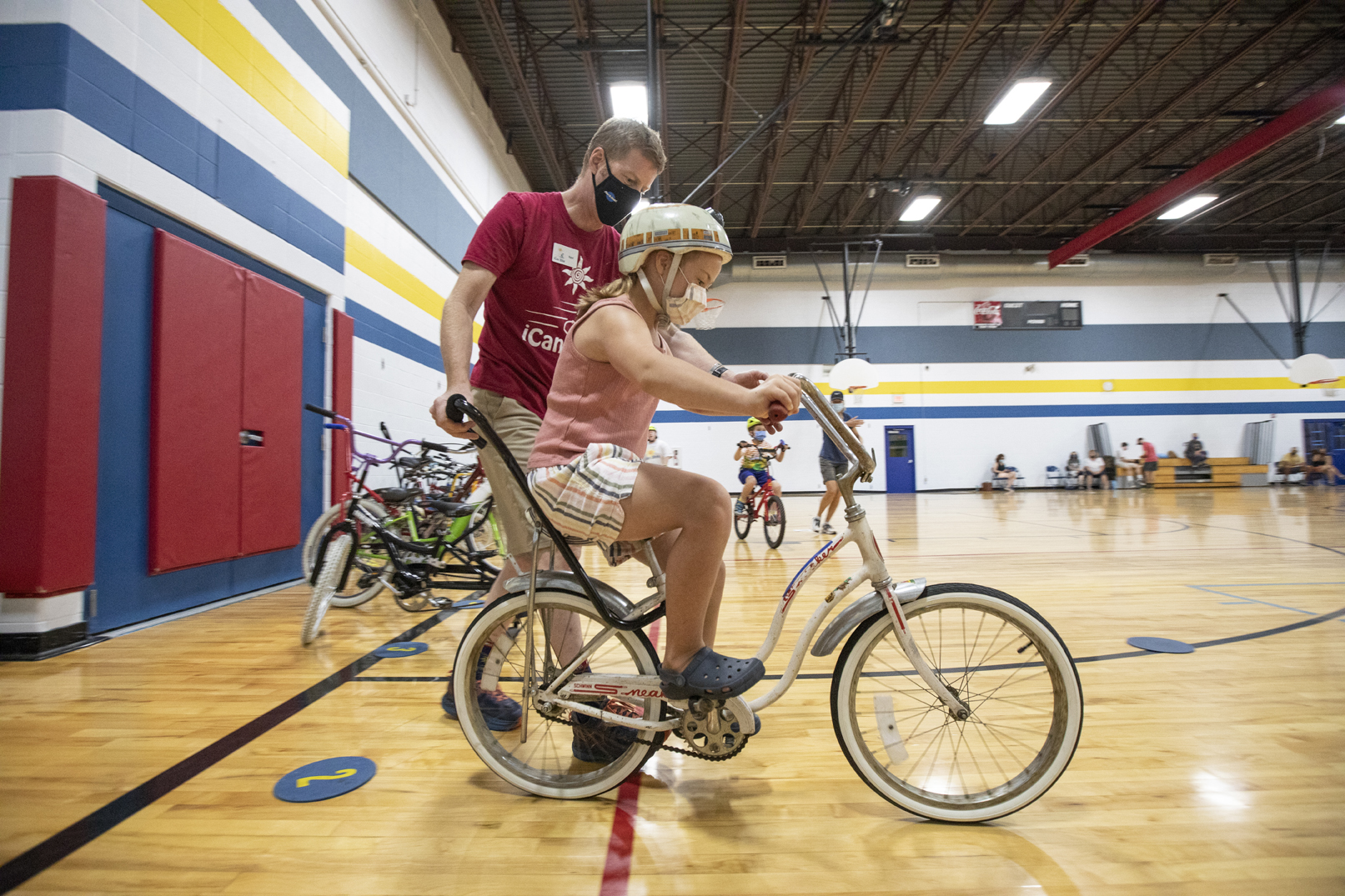According to the Autism Society, the leading nationwide advocacy program for individuals with autism, an estimated 3.5 million Americans are diagnosed with autism. If you or someone you love has autism, you know it’s a complex, lifelong developmental disability that impacts the way an individual communicates, builds relationships, and interacts with their environment. The Centers for Disease Control and Prevention shares that in 2020, 1 in 54 children are diagnosed with an autism spectrum disorder (A.S.D.), a 10% increase from 2014.
In this article, you’ll learn about autism and how to become an autism friendly business.
The Impact of Autism on Families
A child’s autism diagnosis affects the entire family unit. This challenging neurological disorder is taxing on all members of the family from a physical, emotional, social, and financial perspective.
- Physically: There’s no question that caring for a loved one with special needs can be stressful. This stress takes a toll when caretakers do not get opportunities for rest or recreation.
- Emotionally: Parents have to devote primary attention to their child with autism, which often causes strain on their marriage and relationships with other children. Siblings may feel neglected.
- Socially: Aside from simply not having the time to socialize, depending on their loved one’s functionality, families may be reluctant to engage with their community for fear of disrupting anyone. Further, not all establishments are autism friendly.
- Financially: Intervention strategies with a trained therapist, costly foods, and medications all contribute to financial challenges experienced by families affected by autism. Additionally, one or both parents may have to reduce work hours or quit in order to effectively care for their child.
By becoming autism friendly, businesses play an integral role in supporting families affected by autism.
Autism Friendly Businesses
Autism is a “spectrum disorder,” which means that no two people with autism are alike. People with autism may be nonverbal, high-functioning, or fall anywhere within a broad range of capabilities. Further, many people with autism report either significantly higher or lower sensitivity to sensory perception.
Because of its seemingly limitless intricacies, autism can be a challenging disability for businesses to accommodate; however, here are a number of ways that retail stores, restaurants, and movie theatres can become an autism friendly business.
To be considered an autism friendly business, an establishment must host an event at least once per month to support families affected by autism.
How to be an Autism Friendly Business
- Retail Stores
- Lighting accommodations to include dimmers, films over fluorescent lights, or lamps in place of fluorescent lights
- Sound adjustments including quieter overhead music or none at all
- Expedited checkout services so families and individuals with autism can avoid waiting in line
- Fragrance-free cleaners
- 360-degree online tours to help customers visualize and map out store before visiting
- Movie Theaters
- Lighting accommodations such as keeping the lights up during the movie in the event someone needs to leave their seat; eliminating strobes
- Sound adjustments to include keeping the sound at a constant volume throughout the feature, lowering the volume at times it may be loud or jarring
- Fragrance-free cleaners and odor neutralizers
- Providing a quiet space for patrons to go if they start to feel overwhelmed
- Allowing families to bring in their own gluten-free/casein-free snacks
- Restaurants
- Offering gluten-free menu options as many autistic individuals follow a gluten-free/casein-free diet
- Dimming the lights and keeping noise to a minimum
- Fragrance-free cleaners and odor neutralizes
- Offering expedited checkout services if establishment is not a sit-down venue
Help Build an Inclusive Community
Becoming an autism friendly business positively contributes to building an inclusive community. Further, it’s simply good business practice. To become an autism friendly business, you must adhere to the general requirements and take an online assessment every two years, via the Autism Society. Part of these general requirements include accommodations as they relate to your particular business (retail, movie theater/entertainment venue, restaurant) and responding to written concerns within thirty days regarding the autism friendly environment.
Aside from it being a matter of good business practice, with so many families affected by autism, business owners are realizing the buying power of these individuals. Not only is an autism friendly environment attractive to individuals with this unique condition; the accommodations are often appreciated by non-autistic people as well. To get the word out that you are an autism friendly business or to learn more about becoming one, check out the resources at Autism Society.
Covey’s Autism Friendly Environment
Covey provides a welcoming and autism friendly environment. We offer physical and virtual services to individuals with disabilities including online learning, community involvement, respite care, and more. We are happy to recommend autism friendly businesses to anyone seeking a calm, nonjudgmental environment, as well as help business owners find more information about supporting this initiative. To learn more about our culture of caring, connect with us at covey.org.

